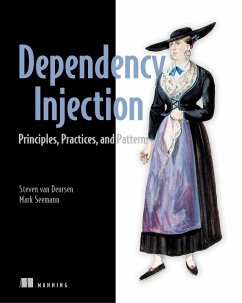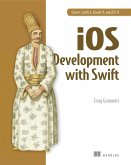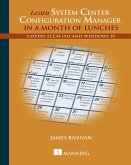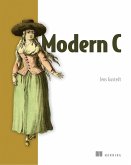Dependency Injection Principles, Practices, and Patterns teaches you to use DI to reduce hard-coded dependencies between application components. You'll start by learning what DI is and what types of applications will benefit from it. Then, you'll work through concrete scenarios using C# and the .NET framework to implement DI in your own projects. As you dive into the thoroughly-explained examples, you'll develop a foundation you can apply to any of the many DI libraries for .NET and .NET Core.
Purchase of the print book includes a free eBook in PDF, Kindle, and ePub formats from Manning Publications.
About the Technology
Dependency Injection (DI) is a great way to reduce tight coupling between software components. Instead of hard-coding dependencies, such as specifying a database driver, you make those connections through a third party. Central to application frameworks like ASP.NET Core, DI enables you to better manage changes and other complexity in your software.
About the Book
Dependency Injection Principles, Practices, and Patterns is a revised and expanded edition of the bestselling classic Dependency Injection in .NET. It teaches you DI from the ground up, featuring relevant examples, patterns, and anti-patterns for creating loosely coupled, well-structured applications. The well-annotated code and diagrams use C# examples to illustrate principles that work flawlessly with modern object-oriented languages and DI libraries.
What's Inside
- Refactoring existing code into loosely coupled code
- DI techniques that work with statically typed OO languages
- Integration with common .NET frameworks
- Updated examples illustrating DI in .NET Core
About the Reader
For intermediate OO developers.
About the Authors
Mark Seemann is a programmer, software architect, and speaker who has been working with software since 1995, including six years with Microsoft. Steven van Deursen is a seasoned .NET developer and architect, and the author and maintainer of the Simple Injector DI library.
Table of Contents
- The basics of Dependency Injection: What, why, and how
- Writing tightly coupled code
- Writing loosely coupled code
- DI patterns
- DI anti-patterns
- Code smells
- Application composition
- Object lifetime
- Interception
- Aspect-Oriented Programming by design
- Tool-based Aspect-Oriented Programming
- DI Container introduction
- The Autofac DI Container
- The Simple Injector DI Container
- The Microsoft.Extensions.DependencyInjection DI Container
PART 1 Putting Dependency Injection on the map
PART 2 Catalog
PART 3 Pure DI
PART 4 DI Containers
Dieser Download kann aus rechtlichen Gründen nur mit Rechnungsadresse in A, B, BG, CY, CZ, D, DK, EW, E, FIN, F, GR, HR, H, I, LT, L, LR, M, NL, PL, P, R, S, SLO, SK ausgeliefert werden.
Hinweis: Dieser Artikel kann nur an eine deutsche Lieferadresse ausgeliefert werden.









